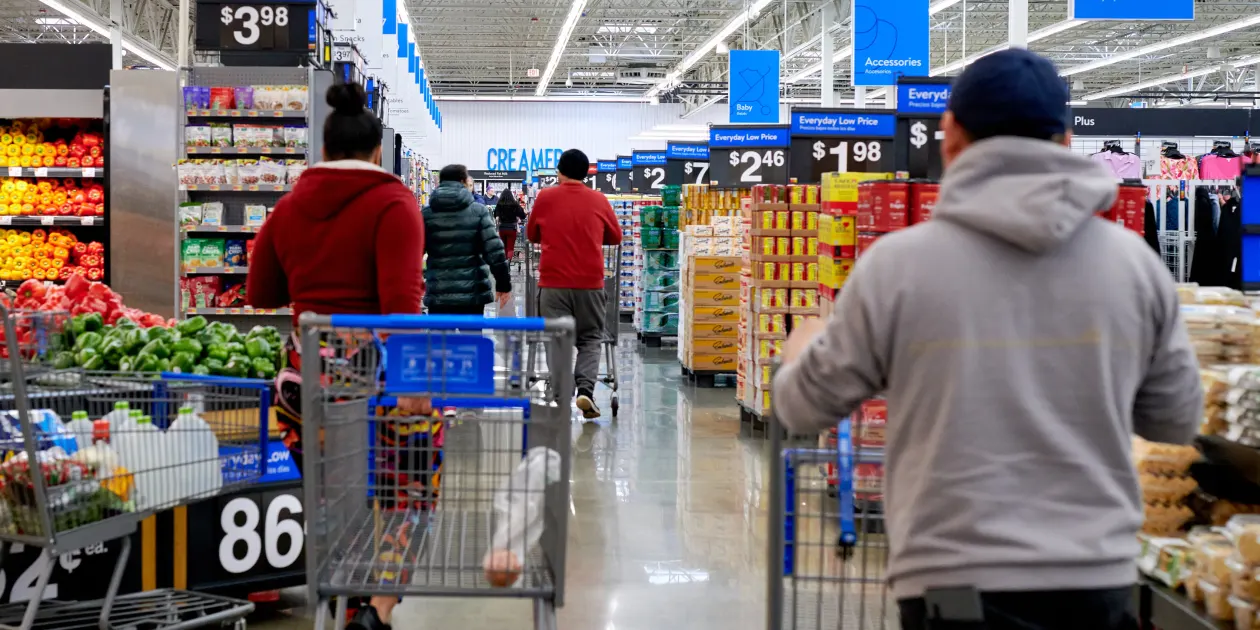Despite the U.S. economy’s resilience against inflation and high interest rates, a significant portion of Americans misperceive its state. According to a recent survey by Affirm, 59% of Americans mistakenly believe the country is currently in a recession. This discrepancy between economic performance and public perception highlights growing consumer financial anxieties.
Economic Resilience Amidst Misconceptions
The U.S. economy continues to demonstrate strength, defying earlier recession predictions. Gene Goldman, chief investment officer at Cetera Financial Group, describes the current economic situation as a “Goldilocks” economy, characterized by steady expansion since the Covid-19 pandemic. The National Bureau of Economic Research defines a recession as a “significant decline in economic activity” lasting over a few months. This condition has not been met since early 2020.
The Disconnect: Public Perception vs. Reality
Affirm’s survey revealed that many Americans perceive the economy as a downturn due to heightened costs and financial strain. Respondents estimated that a recession began in March 2023 and could last until July 2025. Vishal Kapoor, senior vice president of products at Affirm, notes, “Money is at the top of my mind… Consumers are resilient but feel the pinch of higher prices.”
‘Vibecession’: A New Economic Term
JPMorgan’s chair of global research, Joyce Chang coined the term “vibecession” to describe the current economic sentiment. At the CNBC Financial Advisor Summit, Chang explained that while wealth creation has been concentrated among homeowners and higher-income brackets, a significant portion of the population feels left out. She remarked, “Lower income households are not keeping up… the disparity between the wealthy and nonwealthy is widening dramatically.”
Financial Strain and Emerging Concerns
The gap between economic data and personal financial experiences is growing. Rising rents, high borrowing costs, and stagnant wages contribute to financial difficulties for many. Recent data from the New York Fed shows that roughly 9.1% of credit card balances transitioned into delinquency in the second quarter of 2024. This trend underscores the financial strain middle-income households feel, who anticipate further challenges with debt payments soon.
The contrast between the U.S. economy’s actual performance and public perception reflects deeper financial insecurity and inequality issues. While the economy has not entered a recession, many Americans are grappling with the effects of inflation and high interest rates. As economic indicators remain strong, addressing these disparities will improve overall financial well-being.







